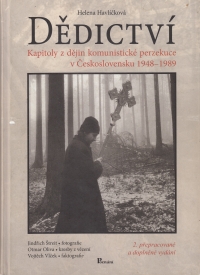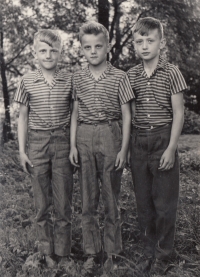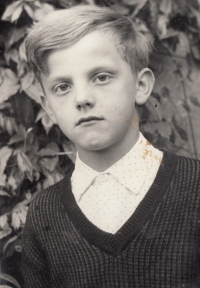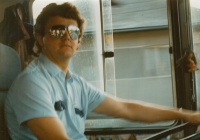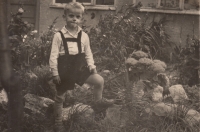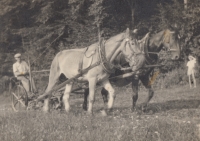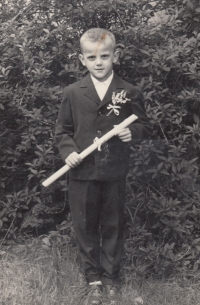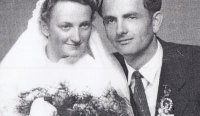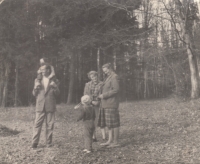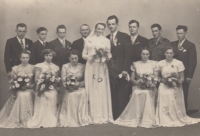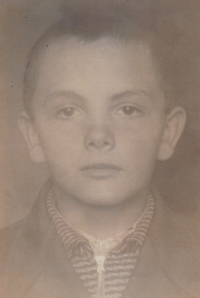The bus driver was setting up the Civic Forum

Download image
Jiří Drlík was born on 1 June 1956 in Bezděkov (part of Úsov). His mother Jarmila, née Smyčková, came from a dynasty of farmers in Holubice near Medlov. This family had a turbulent story behind them. First, they had to work hard to improve the rocky and tree-covered land in order to build an impeccable and prosperous farm over the decades, for which they were threatened with eviction and criminal charges in the 1950s. Grandfather Jiří Smyčka, a respected farmer whom his grandson considers his role model, suddenly became a kulak, a class enemy and a herdsman of young heifers. Jiří Drlík grew up in a loving, Catholic-oriented family. From the age of four he was an altar boy - even though the Communists tried to ban and eradicate the faith. During his military service, he obtained a bus driver’s license and then spent his entire professional life as a driver. When the Velvet Revolution broke out in Czechoslovakia, he was in Prague with a tour bus. After returning to Zábřeh, he organised a general strike at the ČSAD company and also co-founded the Civic Forum there. At the time of the interview, in 2025, he was living in Zábřeh and still driving the bus.
